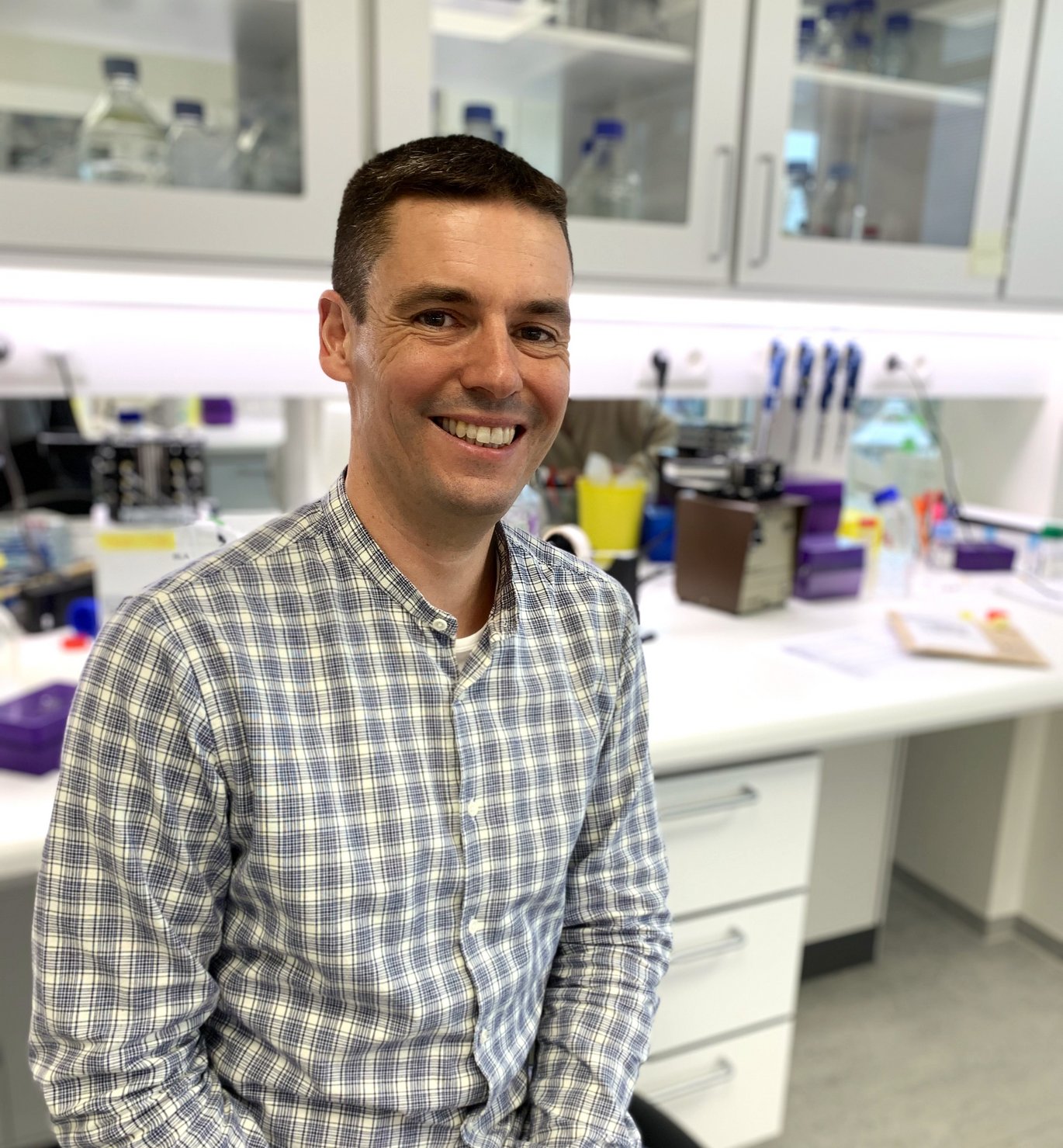New research center at MBG to shape the future of climate-resilient crops
The Danish National Research Foundation has awarded 60 million DKK to a new center at the Department of Molecular Biology and Genetics. The center aims to revolutionize our understanding of how plants adapt to environmental changes and enable the development of crops that can withstand climate change, securing the future of food production.

Plants rely on temperature, rainfall, nutrients, and CO2 to grow and survive. Therefore, climate change and unpredictable weather patterns pose a significant challenge to the future of agriculture and food production.
But what if we could "design" plants that can adapt to different weather conditions on their own, making them more resilient to both minor and major changes?
That is precisely the goal of the new research center at the Department of Molecular Biology and Genetics, which the Danish National Research Foundation has chosen to support with 60 million DKK.
The center, named Plant-PATH, will bring together world-leading researchers in plant physiology, qualitative modelling, and biophysics fields. The aim is to uncover and understand how the transport of plant hormones is affected by environmental changes.
Plant hormones act as signals instructing the plant to grow and respond to its surroundings. A central thesis of the center is that controlling where hormones are located within the plant will determine the plant's ability to adapt to a changing environment.
"The goal is to understand the fundamental principles behind plant hormone transport and distribution. Plants have highly complex chemical signalling pathways controlled by a distributed network of hormones. This complexity currently prevents us from predicting how plants will respond to environmental changes at the molecular biological level," explains Professor Bjørn Panyella Pedersen, who will lead the new center.
The center employs groundbreaking new methods that allow for an unprecedented understanding of the complex transport mechanisms of plant hormones. This enables researchers to develop more resilient crops that are better equipped to handle climate change and other environmental challenges.
"The vision for our research at the center is to understand, predict, and ultimately control plant hormones. For example, by switching on or off the hormones that regulate growth and flowering. This targeted control will allow us to create plants that are more tolerant to environmental conditions and responsive to their surroundings," Bjørn explains, adding:
"This is crucial to securing future food production while also enhancing biodiversity and protecting our natural environment."
The center will receive six-year funding, with the possibility of a four-year extension.
The center is organized around four research groups led by:
- Prof. Bjørn Panyella Pedersen (AU)
- Asc. Prof. Magnus Kjærgaard (AU)
- Chercheur Qualifié FNRS Chloe Martens, Department of Chemistry, Université Libre de Bruxelles (ULB), Belgium.
- Prof. Ulrich Hammes, Department of Plant Systems Biology, Technical University of Munich (TUM), Germany.
For more information or interviews, contact:
Professor Bjørn Panyella Pedersen
Email: bpp@mbg.au.dk
Phone: +45 29723499
